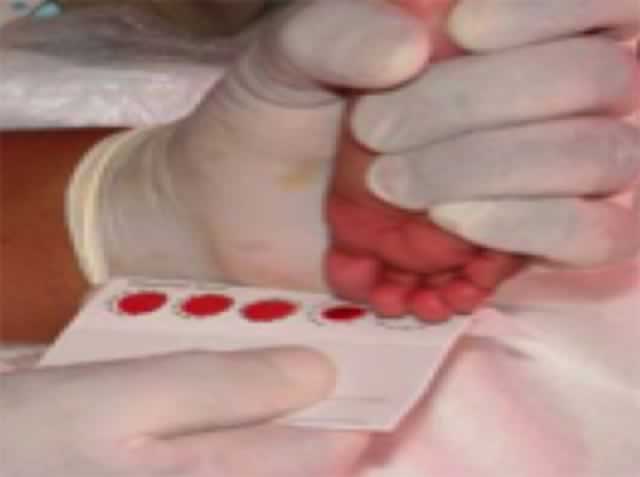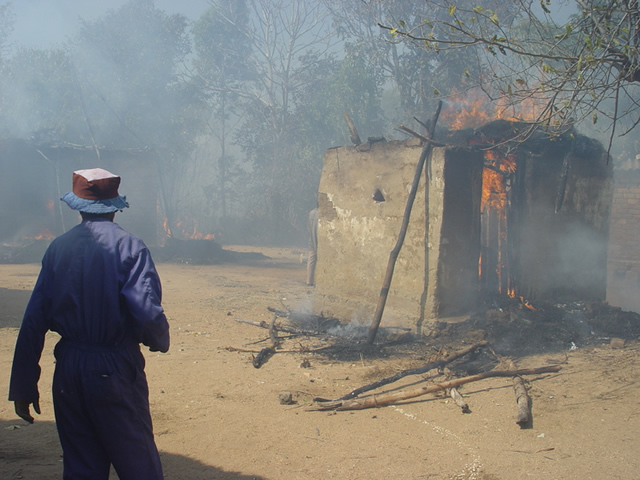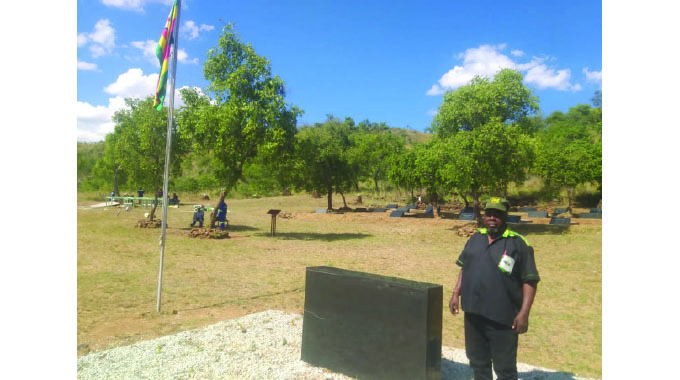Fear of rejection makes disclosure difficult


Studies show that dry blood sampling is compatible with and equivalent to current diagnostic tests performed with fresh blood samples. Advantages of DBS sampling include minimal volume requirements, ease of sample attainment by finger or heel stick with minimal training required, ease of transport and sample stability. Once dried, the sample is stable for months to years at ambient temperature. – Source: De Jesus, 2009; McDade, 2007.
Catherine Murombedzi HIV Walk
Prisca became an alcoholic after the birth of her fourth child. She now takes an illicit brew known as Zed. The alcohol is reportedly brought into Zimbabwe from Mozambique and a bottle costs US$1 and can get four imbibers drunken silly.
Prisca downs one bottle everyday and she has aged noticeably in six months. Her sister, who alerted me to the problem, said Prisca was in desperate need of help as she could die from taking the illicit brew.
“My sister will leave her four children orphaned. She has to face up to the fact that she lost her first husband in 2008. She should have taken an HIV test then but did not and settled with another man from her neighbourhood of Glen View 3.
“She got pregnant and during antenatal clinic she got tested and was found to be HIV positive. She was counselled and had a CD4 count done. Prisca gave birth before collecting her CD4 count results and has never bothered to collect the results,” said Danai, a younger sister to Prisca.
There are many people who are in the same predicament as Prisca who do not turn up for further assessment and they are lost to follow-ups.
This being an urgent case, I contacted Clear Vision, a support group in the area who visited Prisca. Clear Vision reported that Prisca was depressed and did not like the way healthcare workers treated her during antenatal visits.
“Prisca is suffering from severe depression and does not trust healthcare workers. She wishes her status away as she said she has stopped thinking about being HIV positive,” Clear Vision’s Shingi Matogo said.
Prisca is said to have complained that during antenatal classes one particular nurse never listened to her. She seemed to know it all and even called her, “those with HIV,” and this put her off and she decided not to collect her CD4 count results after giving birth.
Prisca’s day-to-day responsibilities are enormous
as she has two school-going boys who are now drop-outs.
She opened up saying she could not afford the school fees at the local primary schools and that she failed to access the Government assistance through the Basic Education Assistance Module as she did not have her late husband’s death certificate.
“Prisca rents a single room with her children. The live-in arrangement with the father of the youngest child collapsed when she revealed the results from the antenatal clinic.
“So right now she is on her own. She sometimes sells vegetables but most of the time, she is dead drunk and the other children have to look after the baby,” said Matogo.
Jobs are hard to come by for Prisca who holds no qualification but only four years of secondary education. Matogo has been working with Prisca to rebuild her confidence and self-pride. She has taken her to the clinic and a CD4 count was redone since the last one will not be a true reflection of her health owing to the lapsed time.
Prisca reportedly opened up that being HIV positive was not like being diagnosed with any other disease.
She said since her first husband died, she was bound to be blamed for being the source of infection.
“HIV is not like hypertension. You cannot just talk about it openly but someone with hypertension can do so. With HIV it is covered with shame and is associated with loose morality,” Prisca said.
Support groups come to the rescue in such cases as in Prisca’s because they live within the communities where hospitals do not have the ability to do the same.
Matogo said ARVs are now available unlike in the years she tested positive.
“It has been helpful that I identified with Prisca. Having lived with the virus myself since 1986 when there was no medication, I have shown her that there is hope and she needs to follow health instructions.
“She is now in the second week of counselling and I think she is appreciating the role that she has to play in bringing up her children. Here is someone who had lost hope and it is a process to re-integrate her.
“I am glad she even passes through my home and I can see changes in her mindset and approach which is the way to positive living and dignity.”
Health personnel do not rush to commence a patient on antiretroviral therapy. Since it is a lifetime prescription, one has to fully grasp the dangers of defaulting.
Prisca has also been told to bring her baby for screening since all babies born to HIV positive mothers are exposed to the virus.
“Prisca’s baby had samples taken and now awaits the dry blood samples to return,” said Matogo.
Rapid HIV testing is not done on children as it gives a false result. It could pick up traces of the virus from the mother.
A DNA PCR test is used for babies and this is only done at Harare Central Hospital. The dry blood spot is effective in that the samples do not get spoiled and is easily transported.
The dry blood spot method is used for many other medical tests which may be required later as the sample can be kept for a long period.
As in Prisca’s case, her being open to her partner resulted in her being dumped.
“Fear of rejection, not being accepted makes disclosure to a partner difficult.
“While it is important to inform your partner, it is more difficult to hide one’s HIV status and ARV therapy when the relationship is close and intimacy.
“Self stigma and unfounded fears make disclosure difficult,” said Dr Iris Shiripinda, a lecturer at Africa University.
Dr Shiripinda has written several books on HIV.
In 2006 she wrote “Community Needs, Community Responses”. She co-authored “Talk About Sex” with B. Tempert in the same year.
In 2008, she wrote “Facing HIV in the Netherlands”, a book on experiences of migrants living with HIV in that country.
Disclosure to family or a loved one is necessary but the onus lies with the one involved whether to disclose or not.
Feedback: [email protected]







Comments